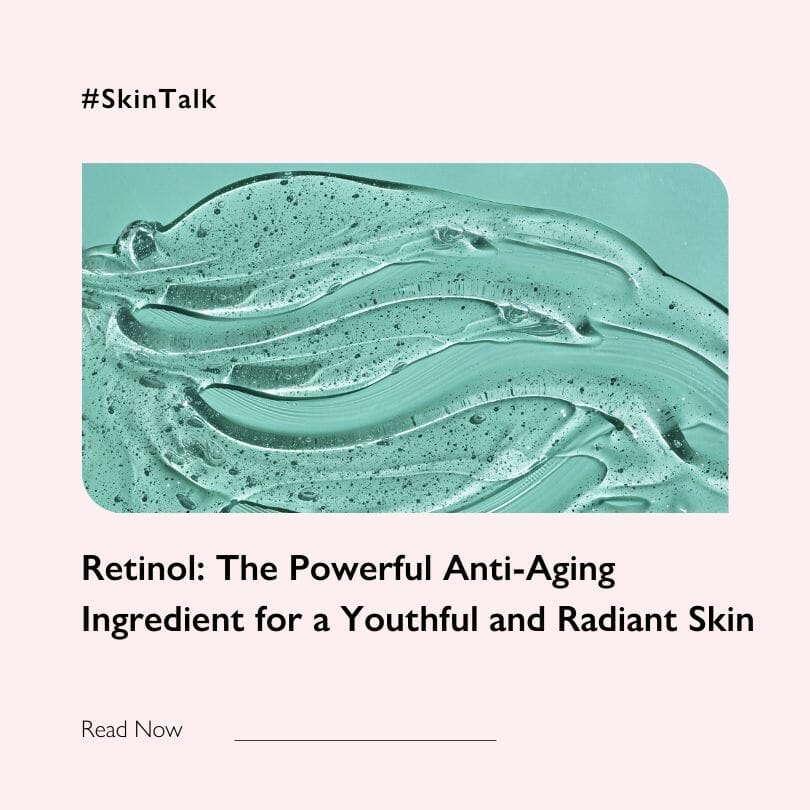Skincare can seem daunting, especially for beginners who are just starting out. There are so many products available and so much conflicting advice, it can be difficult to know where to begin. In this blog post, we'll cover the basics of skincare for beginners, including tips for developing a simple routine and common skincare mistakes to avoid.
Why is skincare important?
Skincare is important for several reasons. First and foremost, it helps to keep your skin healthy and looking its best. A good skincare routine can help to prevent and reduce the signs of aging, such as wrinkles, fine lines, and age spots. It can also help to prevent acne, dryness, and other common skin problems.
In addition to the cosmetic benefits, skincare is also important for your overall health. Your skin is your body's first line of defense against harmful environmental factors like UV radiation and pollution. By taking care of your skin, you can help to protect your body from these harmful elements.
Developing a simple skincare routine
Developing a skincare routine doesn't have to be complicated. In fact, the simpler your routine is, the more likely you are to stick with it. Here are the basic steps you should follow:
-
Cleanse: Cleansing is the first step in any skincare routine. Use a gentle cleanser to remove dirt, oil, and makeup from your skin. Be sure to choose a cleanser that is appropriate for your skin type. If you have oily or acne-prone skin, look for a cleanser that contains salicylic acid. If you have dry or sensitive skin, look for a cleanser that is fragrance-free and gentle.
-
Tone: Toning is an optional step in your skincare routine, but it can be helpful if you have oily or acne-prone skin. Toners help to remove any remaining dirt and oil from your skin and can also help to balance your skin's pH levels. Look for a toner that is alcohol-free and contains soothing ingredients like aloe vera or chamomile.
-
Moisturize: Moisturizing is the most important step in any skincare routine. It helps to keep your skin hydrated and can prevent dryness and other skin problems. Look for a moisturizer that is appropriate for your skin type. If you have oily or acne-prone skin, look for a lightweight, oil-free moisturizer. If you have dry or sensitive skin, look for a heavier, more emollient moisturizer.
-
Sunscreen: Sunscreen is the most important skincare product you can use. It helps to protect your skin from harmful UV rays, which can cause sunburn, skin cancer, and premature aging. Look for a broad-spectrum sunscreen with an SPF of at least 30. Apply it every day, even on cloudy days or when you're indoors.
Common skincare mistakes to avoid
Now that you know the basics of skincare, let's talk about some common mistakes that beginners often make:
-
Over-washing: Washing your face too often can strip your skin of its natural oils and lead to dryness and irritation. Stick to cleansing twice a day, once in the morning and once at night.
-
Using too many products: Using too many products can overwhelm your skin and lead to breakouts and irritation. Stick to the basics and add additional products only as needed.
-
Skipping sunscreen: Sunscreen is the most important skincare product you can use. Don't skip it, even on cloudy days or when you're indoors.
-
Using harsh products: Harsh products can strip your skin of its natural oils and lead to dryness and irritation. Stick to gentle, fragrance-free products that are appropriate for your skin type.
-
Not removing makeup: Sleeping in your makeup can lead to breakouts and other skin problems



